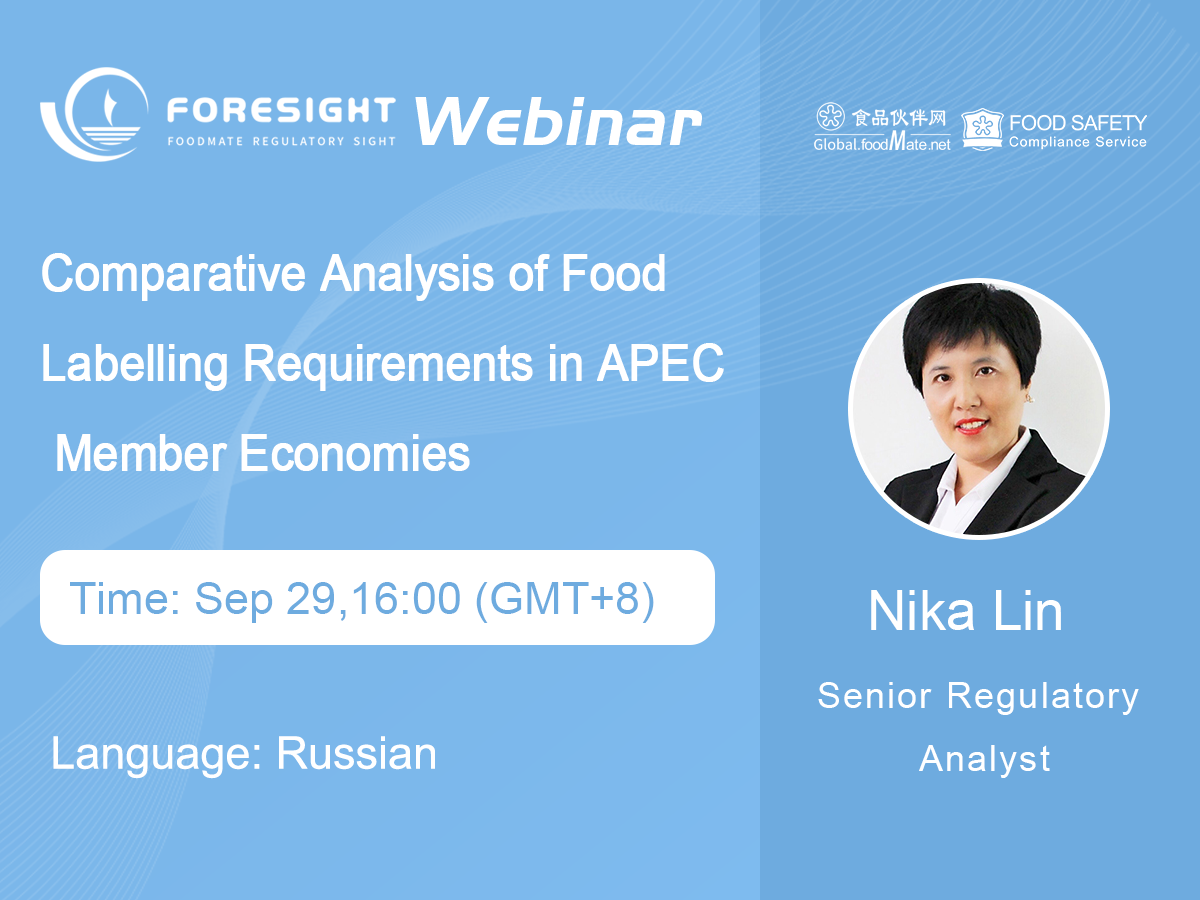Solutions
Registration and filing service 
Formula & Label compliance consulting service 
Food regulatory service 
China Certification and supplier audit service 
China Registration and filing service 
China Formula & Label compliance consulting service 
China Cosmetic information tracking and consulting service 
About Us









